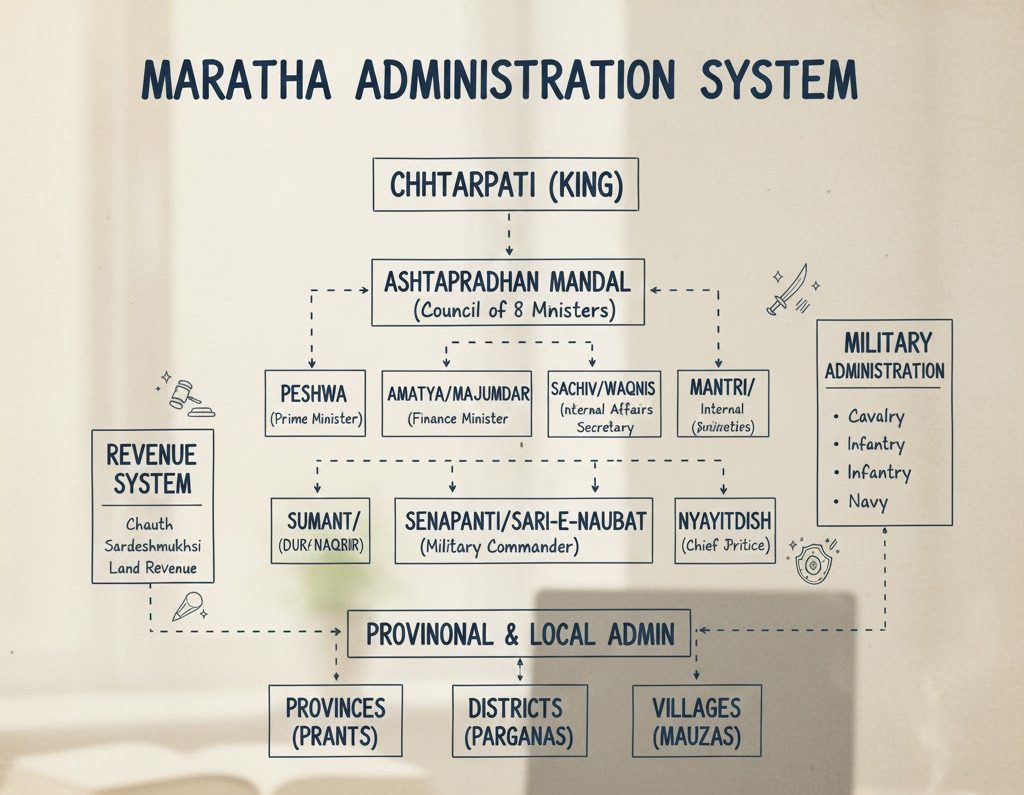Assam’s Anti-Polygamy Bill 2025: Key Features, Legal Issues, and Social Implications
Understand the Assam Prohibition of Polygamy Bill, 2025—its key provisions, punishments, exemptions for tribal communities, legal challenges under personal laws, concerns of gender justice, and the emerging debate on federalism, social impact, and implementation challenges.
Assam’s Anti-Polygamy Bill 2025:
The Assam government tabled the Assam Prohibition of Polygamy Bill, 2025 in the state assembly which introduces severe penalties, including imprisonment of up to 10 years, for entering into polygamous marriages.
What is Polygamy?
Polygamy is a marital practice where an individual has more than one spouse simultaneously. It is an umbrella term that includes:
- Polygyny: A man having multiple wives. This is the most common form of polygamy.
- Polyandry: A woman having multiple husbands. This is relatively rare.
- Group Marriage: Multiple husbands and multiple wives.
- The Assam Bill specifically targets polygyny, which is the form practised in certain communities in India.
How is it Practised in India?
The legality of polygamy in India is primarily determined by an individual’s religion, as marriage is governed by personal laws.
- Muslim Personal Law: The Muslim Personal Law (Shariat) Application Act, 1937, allows a Muslim man to marry up to four wives, subject to the condition of treating all with equal justice, as per religious tenets.
- Hindu, Christian, and Parsi Laws: Polygamy is prohibited and illegal for Hindus (under the Hindu Marriage Act, 1955), Christians (under the Indian Christian Marriage Act, 1872), and Parsis (under the Parsi Marriage and Divorce Act, 1936).
- A second marriage during the subsistence of the first is void and punishable under the Indian Penal Code (Section 494).
- Special Exemptions: Tribal communities across India, including those in Assam living under the Sixth Schedule areas, are often exempt from such uniform civil codes and can follow their own customary laws regarding marriage.
What are the Major Concerns Associated with Polygamy?
The practice of polygamy has been widely criticised on social, legal, and gender-based grounds:
- Gender Inequality: It is seen as a practice that institutionalises the subordination of women, treating them as property and undermining their dignity and right to equality.
- Social Harm: It can lead to emotional and financial insecurity for women and children from such marriages. It often results in fragmented families and internal conflict.
- Legal Complications: Issues of inheritance, maintenance, and the legal status of children from subsequent marriages can become complex and contested.
- Exploitation: Critics argue it can be used to exploit women under the guise of religious freedom.
What are the Provisions of the Anti-Polygamy Bill Introduced in Assam?
The Assam Prohibition of Polygamy Bill, 2025, proposes a stringent framework to outlaw the practice:
- Punishment for the Individual: Entering a polygamous marriage is punishable with imprisonment of up to 7 years. If the person conceals the existence of a former spouse, the imprisonment can extend to 10 years.
- Punishment for Abettors: Religious priests or qazis who solemnise such marriages can face 2 years in jail and a fine of up to ₹1.5 lakh. Village heads, parents, or legal guardians who participate in or hide information about the marriage also face 2 years in jail and a fine of up to ₹1 lakh.
- Disqualifications: A person convicted under this law will be ineligible for government jobs, state government schemes, and contesting elections in Assam.
- Compensation for Victims: The Bill provides for compensation to women who are victims of polygamous marriages.
- Exemptions: The law will not apply to the state’s tribal population (Scheduled Tribes) and areas governed under the Sixth Schedule of the Constitution (Bodoland Territorial Region, Dima Hasao, Karbi Anglong, and West Karbi Anglong).
What are the Major Issues Linked with the Bill?
The Bill has sparked significant debate and raises several complex issues:
- Federal vs. Personal Law: The Bill pushes the boundaries of state legislature’s power to legislate on subjects related to marriage, which is a concurrent subject in the Constitution, but often deferred to personal laws. This could lead to legal challenges on the grounds of legislative competence.
- Exemption for Tribal Communities: The blanket exemption for STs has been criticised as being politically expedient and creating a non-uniform application of law within the state. The government’s rationale is to respect tribal customs and avoid conflict, but it raises questions about equal protection under the law for all women.
- Political and Social Polarisation: The Bill is viewed by many as a move that specifically targets the Muslim community, potentially deepening social divides. The ruling party frames it as a measure for women’s empowerment and gender justice.
- Implementation Challenges: Enforcement will require meticulous documentation of existing marriages, which can be difficult. It may also lead to underreporting or driving the practice underground.
Subscribe to our Youtube Channel for more Valuable Content – TheStudyias
Download the App to Subscribe to our Courses – Thestudyias
The Source’s Authority and Ownership of the Article is Claimed By THE STUDY IAS BY MANIKANT SINGH





